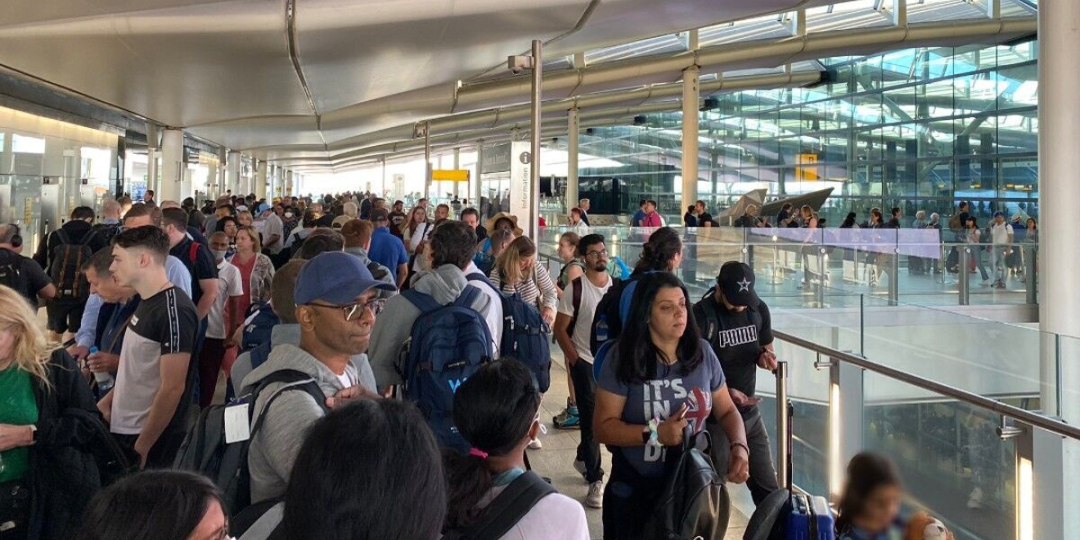The complexity of the EU’s new Entry-Exit System (EES), due to be implemented on October 6, has raised concerns among airlines that they may lose revenue generated by last-minute bookings. Also, passengers are expected to face increased delays at border control during the EES data registration phase.
Currently, airline passengers must provide details, including their name, passport number and date of birth (Advance Passenger Information), to board a flight or transport to the Schengen area, reports euronews.com.
The implementation of the EES will mean collecting biometric data, including fingerprints and facial scans, which the EU says will take a maximum of two minutes per person. More detailed API requirements with the dates and times of every point of entry and exit will also need to be registered with the system.
According to thelocal.com, the implementation of the EES will also mean that airlines must receive approvals for passengers to board, reportedly 48 hours before departure. Airlines and other modes of cross-border transport will have to submit passengers’ APIs for verification, and the EES will either approve or deny boarding.
In December 2023, Ryanair Holdings plc submitted a letter to the UK Parliament’s House of Commons European Scrutiny Committee requesting intervention on the 48-hour verification deadline saying that it would greatly hinder the revenue generated by last-minute bookings for its subsidiary airlines and other carriers.
“Note that the ‘hard’ 48-hour deadline is too long. This will preclude late ticket sales which are an extremely important element of Ryanair’s – and other airlines’ – revenues,” said the airline.
Delays at border control
Airlines are also concerned about the longer wait times at border control and inadequate support for resolving issues during the EES launch, reports euronews.com.
Trade associations, including Airlines for Europe and IATA, sent a joint letter to Ylva Johansson, the EU Commissioner for Home Affairs, in May outlining their concerns about the system’s introduction and how it may degrade travellers’ experiences.
According to an IATA press release, the letter lists a lack of communication or information campaigns for passengers, inconsistent or delayed national testing, the delayed launch of the pre-registration app, and a lack of contingency plans if countries are not sufficiently prepared.
Industry shareholders expect delays at border control to increase by between 30% and 50%, reports euronews.com.















